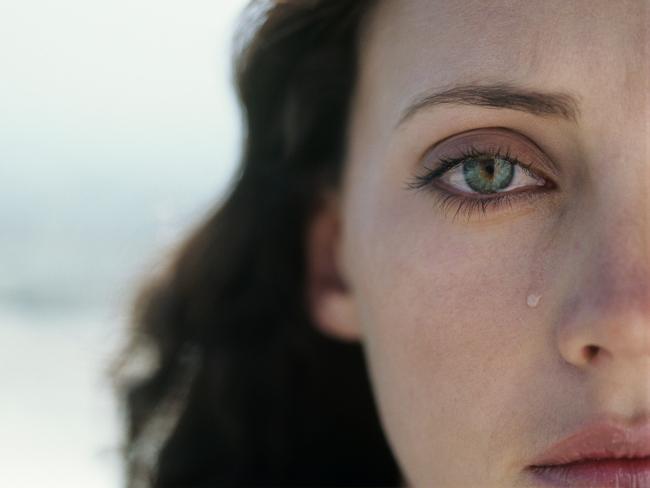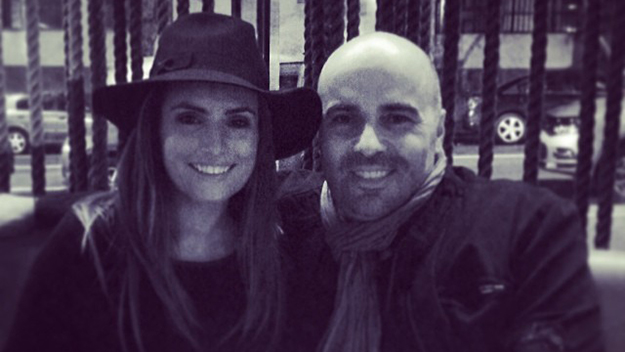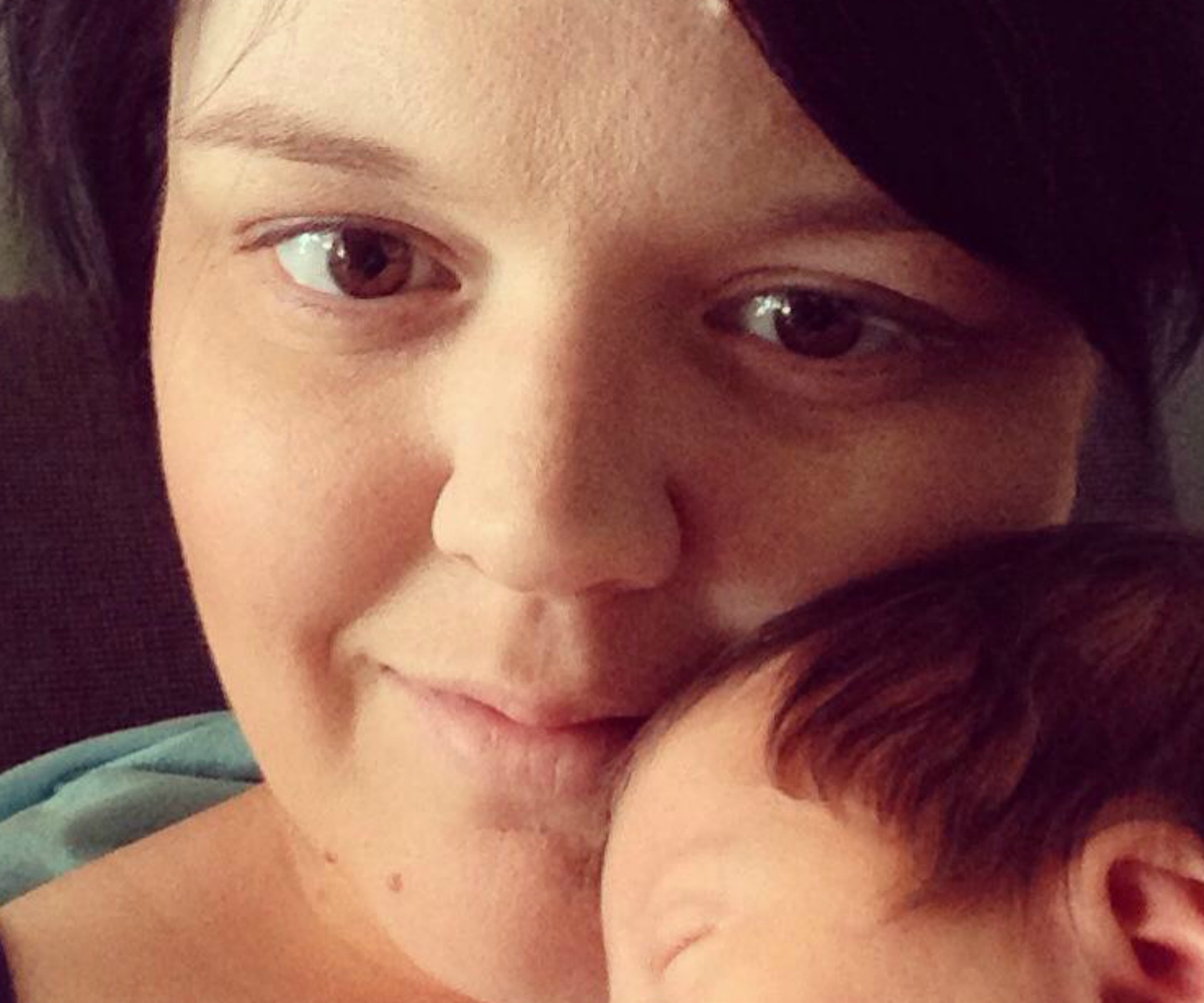Miscarriage, still birth and newborn deaths can be a gut-wrenching reality of pregnancy and birth for parents today.
Despite medical advances, 1 in 4 pregnancies end in miscarriage. And tragically, six babies every day are stillborn or die shortly after birth.
Sands Australia reports that each year in Australia, approximately 150,000 couples experience reproductive loss; about 147,000 experience a miscarriage, 1,750 babies are stillborn and about 850 babies die in the first 28 days after birth.
This is a heart-breaking reality for these parents and their families.
Knowing how to support bereaved parents who are grieving for the loss of their child is difficult. No one wants to upset parents further at an already difficult time, however saying nothing at all can be just as hurtful.
We asked our online community for their experiences when grieving for their children.
Read what these mothers had to say about what they found helpful and unhelpful as they came to terms with the unimaginable loss of their children.
UNHELPFUL COMMENTS OR ACTIONS:
Nicole – “One of the worst things people can do when you have a miscarriage is ignore it and not say anything to you. That really hurts. It makes you feel as though your baby didn’t matter. A simple ‘I’m sorry for your loss’ is all it takes.”
Rachel – “I think a big thing is to NEVER begin a sentence with ‘at least…’ because although people don’t mean to, those words minimise your loss. ‘At least you got to see him alive,’ ‘At least he didn’t suffer,’ or ‘At least you had a happy pregnancy,’ all hurt.
Kayla – “The worst that was said was, ‘It just wasn’t mean to be’. How do they know? And it does not help in any way.”
Kristy – “Someone said, ‘You have four healthy boys,’ like the hurt will be less for this loss.”
Mel – “I needed to speak about our daughter but people didn’t know how to react to that. They think you don’t want the loss spoken about and tiptoe around the subject. But part of my grieving process (which is still ongoing) was to talk about her. I needed that. I needed to know she was here, even for those short few hours and that she was a part of our family.”
Nicole – “A terrible thing people say is, ‘Well at least you know you can get pregnant’, or’You’ve already got one healthy child’ – it’s really not what you want or need to hear.”
Mandy – “Don’t compare stories.”
Rachel – “Please don’t avoid someone or the topic. It is hard enough to have lost something so precious (and many times, also our hope in life) to be made to feel like a leper.”
Leanne – “When people said, ‘He is in a better place’ – how can any place be better than his Mummy’s arms?” Or when they said, ‘At least you have 3 other children’ – do people actually think other children can replace the one who has passed?”
Cassie – “The worst thing was seeing people I knew walk in the opposite direction because they didn’t know what to say. PLEASE come and just say, ‘I’m sorry for your loss’. That’s better than nothing.”
Alison – “From being handed a pamphlet on miscarriege at the hospital to people saying, ‘it’s nature’s way’, I realised pretty quickly that I was on my own.”
Lucy – “The worst thing that I had said by a well-meaning, but not-so-smart individual was,’Oh, you’ll be fine – you’ve got another one’. I was so, so hurt by that.”
Leanne – “My friend felt so misunderstood when someone compared their dog dying to her losing her baby, ‘I know what you are going through. I lost my dog last month and it’s taken me this long to get over it.’ People crossed the road when they saw her coming as they didn’t know what to say.”
Megan – “Hearing the usual cliche things like ‘it wasn’t meant to be’ got very annoying.”
Mel – “I lost a supposedly close friend after we lost my daughter. We had found out at 18.5 weeks that there were serious genetic issues and we had to make the heartbreaking decision to terminate my pregnancy. My friend knew I was going into hospital to give birth, yet afterwards, despite my attempts to contact her, she avoided me. I can only assume that she didn’t agree with our decision. I was gutted. Still am. Losing a baby is hard enough without being judged for making hard decisions like we had to.”
Alison – “Apart from the obvious heartbreak of miscarriage, one of the hardest things for me were others not knowing what I was going through. Miscarriage is one of those things ‘not discussed’ and it is really hard. Going back to work with your heart broken and with all that is happening physically and nobody knowing is hard. Being expected to ‘buck up’ and get on with things – that is hard.”
HELPFUL COMMENTS AND ACTIONS:
Olivia – “Receiving a heartfelt card from my husband’s work was so thoughtful. They also sent flowers. It’s so nice when people ackwnolwedge that it is a real loss of life.”
Lucy – “I think people honestly don’t know what to say, and they think saying nothing is better than saying something wrong. Don’t do that. It might sound trite, but just love, love is always the answer.”
Rebecca – “The most helpful comments were just, ‘I have no idea how much this hurts, but if you need anything let me know,’ and, ‘How are you feeling today? Want to grab a coffee?'”
Leah – “I found these words comforting, ‘Everyone is here on Earth for a certain amount of time. Your baby experienced life inside you and loved you as his mother. He was fulfilled enough to leave this form and move on’.”
Mandy – “Don’t ever stop referring to the little one by their name. It’s important they are still acknowlegged as the human being they are.”
Nicole – “One of the best things that my OB said to me this pregnancy was that it was completely normal for someone with my history to be anxious over every little niggle.”
Rebecca – “If there’s any advice I could give it would DEFINITELY be… say their name, remember the dates, talk about it. Ask questions. I don’t know any Angel Mums that don’t like talking about it.”
Mel – “This is a difficult topic to broach. People seem to think it’s a taboo subject but I would prefer people ask how I am, and genuinely listen to my response, rather than just giving the ‘condolences’ brush-off.”
Rachel – “Our loss is so profound that we will never be the same again. All many of us need is for people to acknowlege that. If you don’t know what to say to someone – saying ‘I don’t know what to say to you to be of comfort but I am so sorry,’ is more than enough, as honestly, no words can truly help or fix it.”
Mandy – “Offer to make a cuppa and just listen. You don’t have to understand. You don’t have to ‘heal’ them. Just listen.”
Rachel – “You will never make me cry if you say his name. The very sad situation may make me cry alright, but it isn’t you if you show compassion and tact.”
Leanne – “My friend was really grateful for a meal roster that my friends put together. A home-cooked meal was dropped off every night for the first month after her son died.”
Lucy – “The best thing was the love I received from those who had been through far worse losses but still made the time to send cards and messages to tell me they cared.”
Megan – “The people who just said they were thinking of me was all I needed.”
Mandy – “I have coped with the motto of ‘it doesn’t get easier, you just learn how to cope’, because time doesn’t heal. Some years are harder than others, some triggers don’t always trigger, and things you wouldn’t think would trigger, do.”
Nicole – “The best thing people can do is listen if you want to talk, make you a cuppa and just be a shoulder to cry on.”
Mandy – “If there is other children, go over and play with them but don’t take them away. Although you may feel you’re helping by giving Mum and Dad a break, you could actually be taking away the thing that’s giving them the pull they need to get out of bed and push through each day.”
For 24 hour live online support and resources on coping with miscarriage, stillbirth and newborn death visit SANDS or call them on 1300 072 637.
Visit SIDS and Kids online who offer supportive forums which are moderated by trained counsellors.


